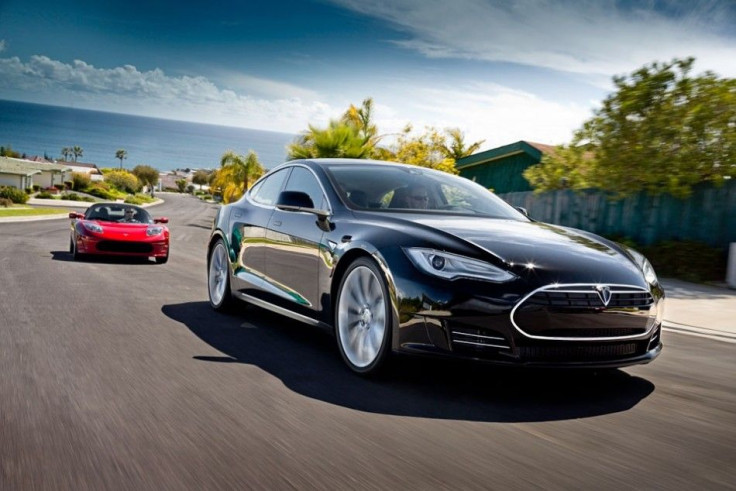
The course to success, just like the course of true love, never did run smooth. As far as start-ups are concerned, headwinds are strong and the learning curve is inherently steep. When Tesla set up its headquarters in Silicon Valley back in 2003 to compete against the established giants of the automotive industry, few believed the little all-electric company would stand a chance, yet here it remains almost ten years later.
In a very recent report on Tesla's 2012 Q2 financial figures, numbers revealed that Tesla suffers a net loss totaling $105.6 million, up from $58.9 million the year before. What's more, revenue took a 54 percent drop to just $26.7 million.
Tesla has a lot on its plate this fiscal quarter, especially as it finalizes Roadster production to ready the production capacity necessary for the newly launched Model S sedan. Thriving under pressure, as all surviving startups do, Tesla predicts that it will find a way to break-even after by year end after benefiting from Model S sales. In fact, Tesla sees profitability to follow shortly after.
At the moment, Tesla is picking up the production pace for the Model S. Only 500 units are scheduled for production during Q3 but Tesla expects another 4,500 to be produced within Q4 once the production process are up and running at full speed. According to Tesla, Model S orders have already reached 11,500 by the end of the month of June.
Tesla CEO Elon Musk said, "This accelerating pace of reservations makes us confident that demand will surpass 20,000 Model S units for full-year 2013 deliveries."
As the Model S orders continue to accumulate and as production slowly reaches max efficiency, Tesla prepares for "phase 2" as the company seeks an aggressive expansion of stores and service centers across the globe. This will improve its distribution network as well as raise brand awareness in key markets. So far, Tesla has already established store fronts in Oslo, Norway; White Plains, New York; Santa Monica, California; Scottsdale Arizona; Portland Oregon.
When Tesla isn't working on its vehicle line-up, the company is also acting as a tech consultant for other major automakers. A significant portion of Tesla's revenue is from selling electric drivetrain technology contracts to rival companies including Toyota for the electric RAV4 or with Mercedes-Benz for the electric B-Class compact people carrier.




